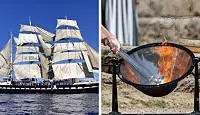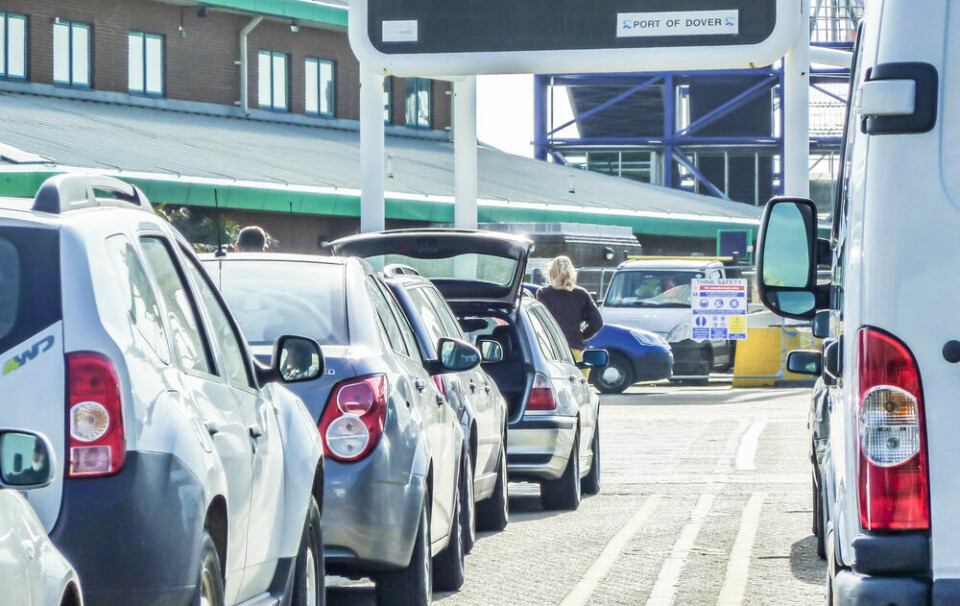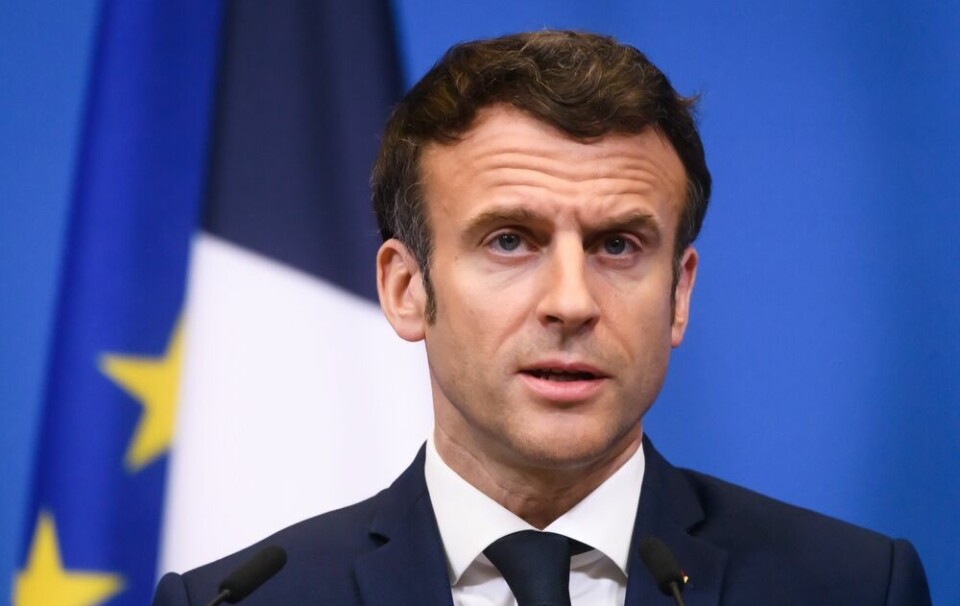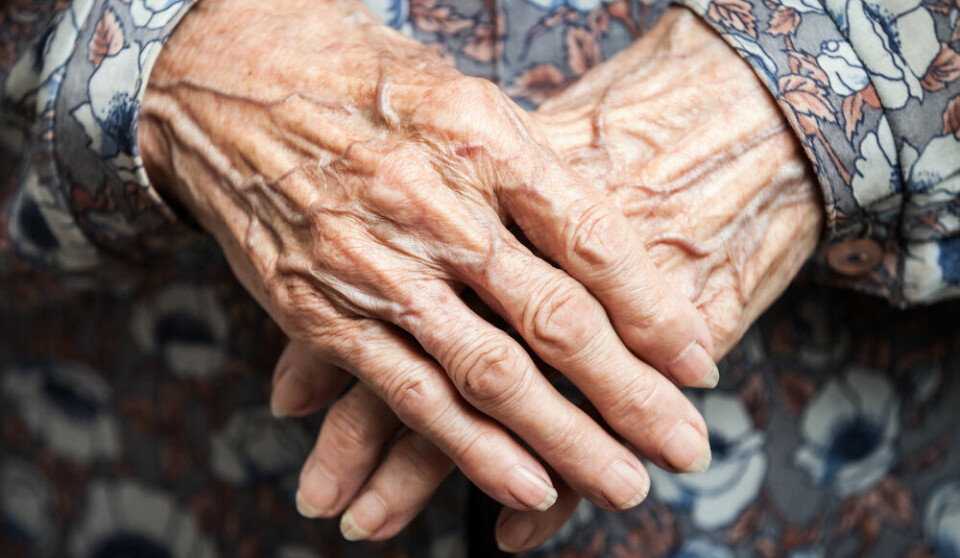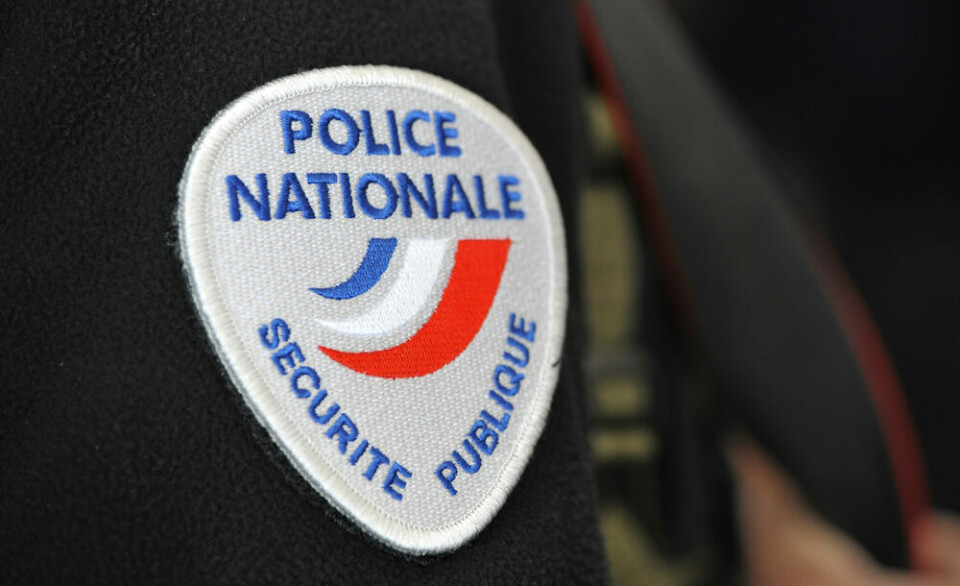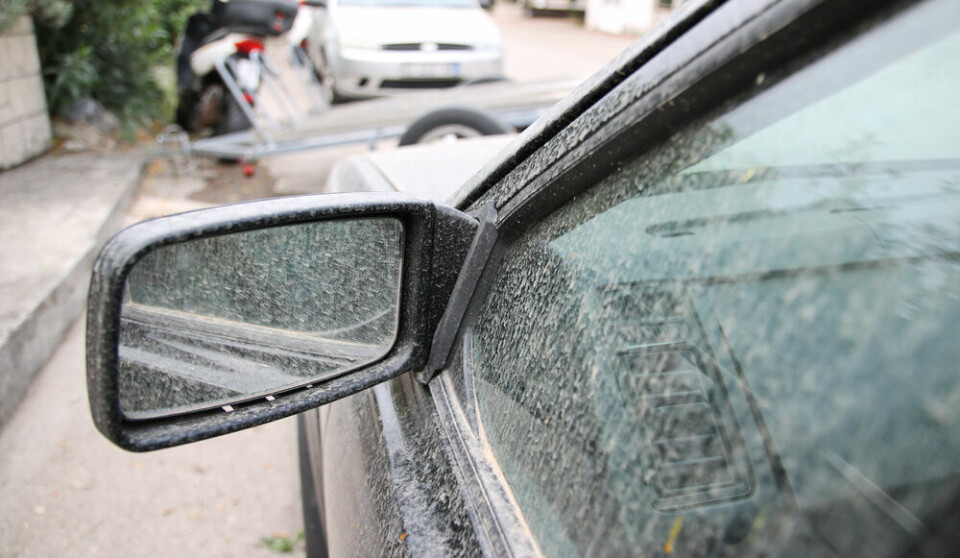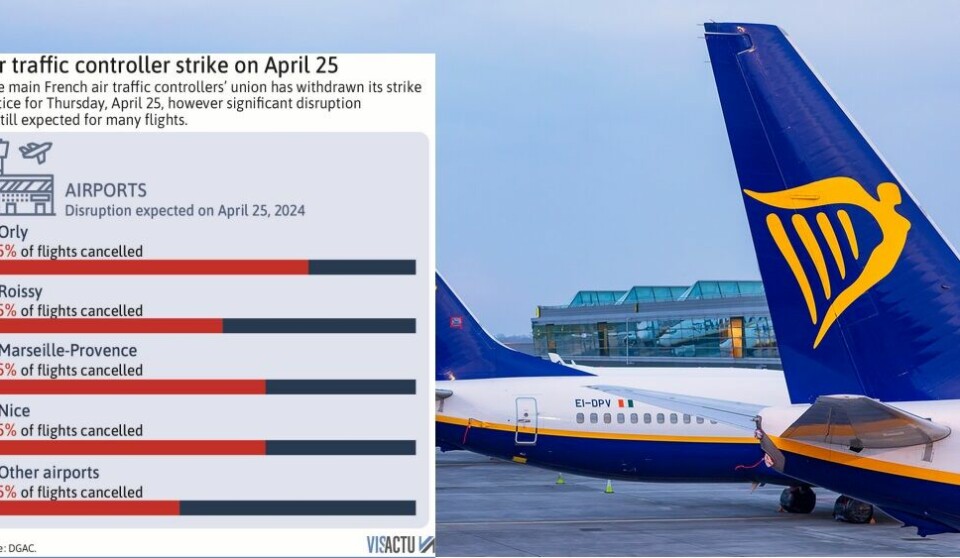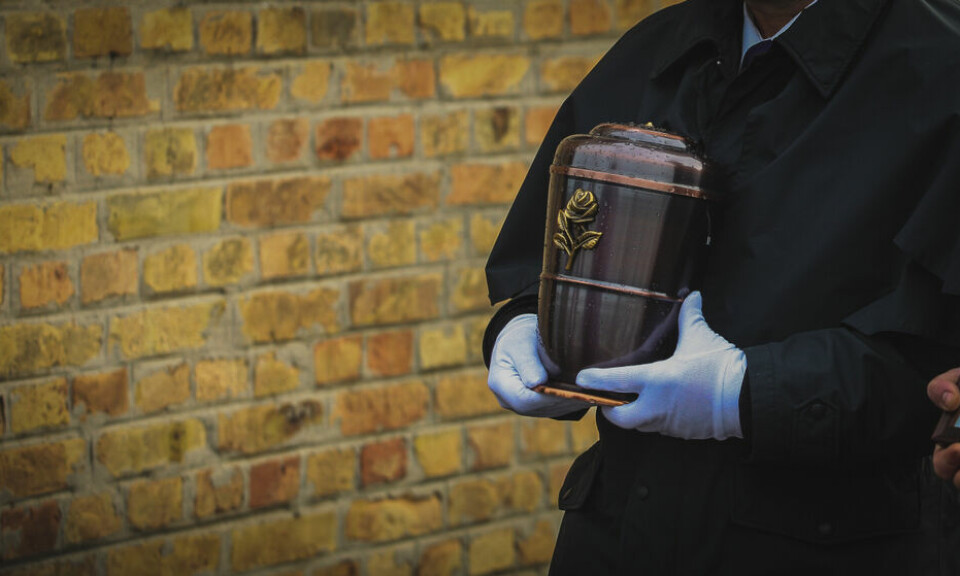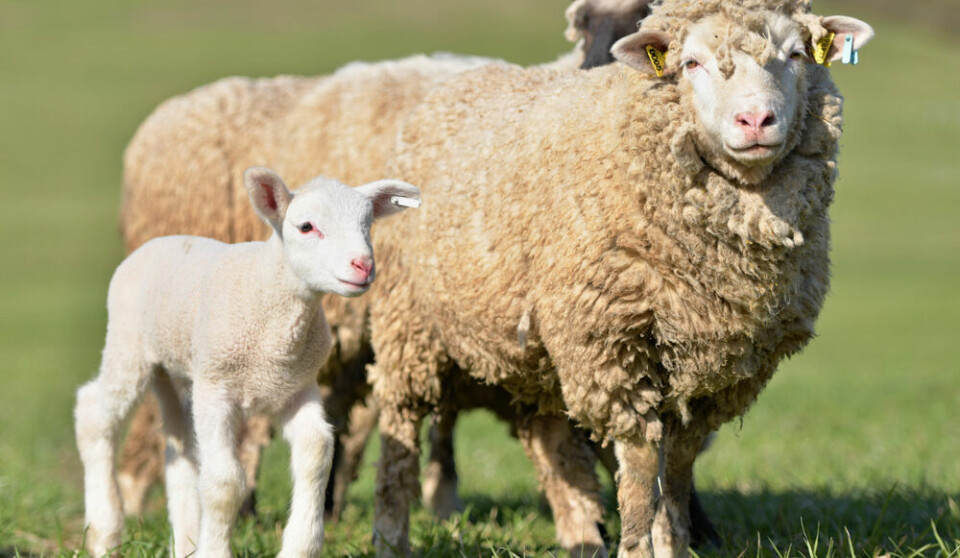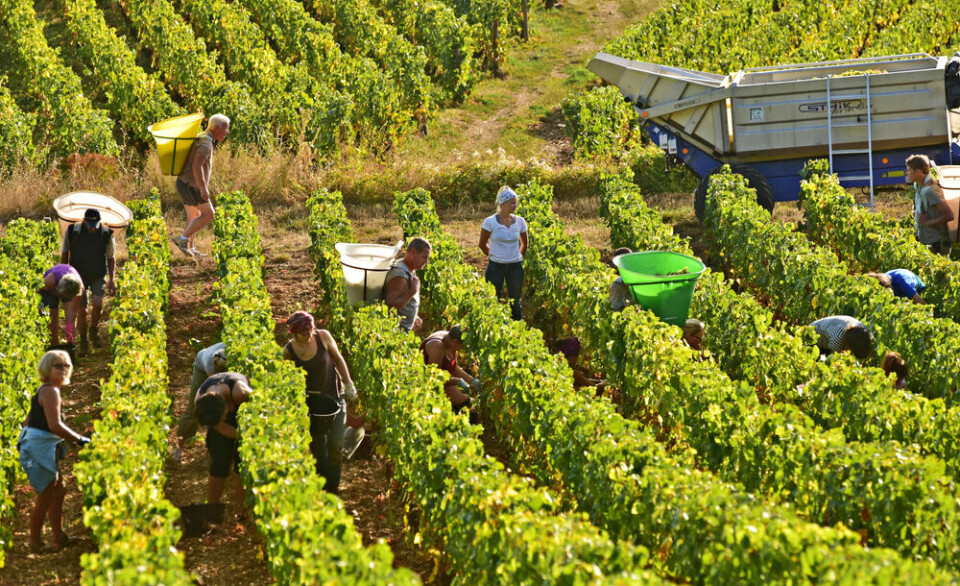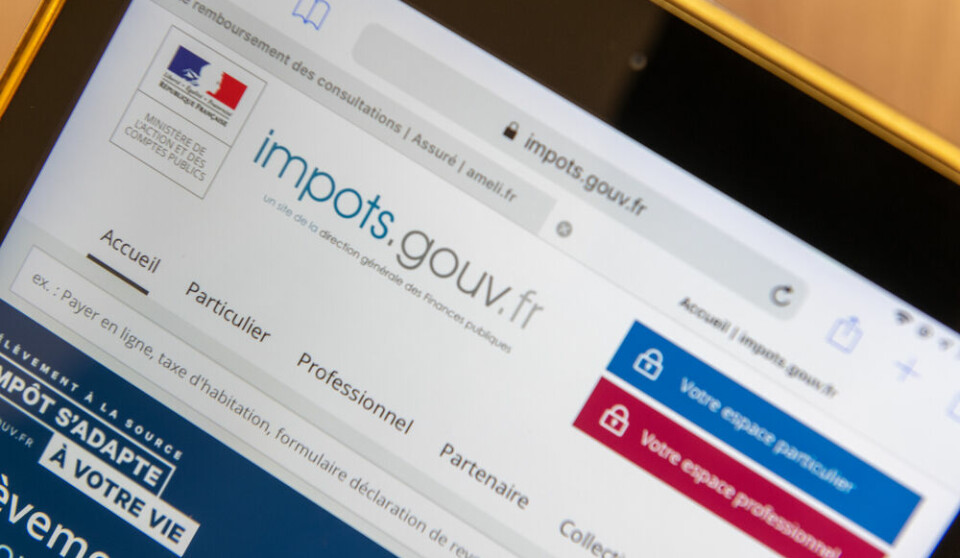-
PHOTOS: Olympic Flame to travel to France on beautiful historic ship
The 127-year-old ship sets sail on Saturday with ‘the most important passenger it has ever carried’
-
Phone scams, gardening, insurance claims: 5 French practical updates
Our roundup of recent practical articles you may have missed
-
Picnic in Paris? Chance to join huge meal on Champs-Elysees
The event could even be record-breaking. You can now apply for your chance to take part
Connexion October: Brexit updates
Here are some recent developments and upcoming matters to bear in mind as the Brexit situation continues to evolve.

- Scotland’s highest court has agreed to refer a question to the European Court of Justice as to whether the UK has the right to cancel article 50 unilaterally.
Barrister Jolyon Maugham says this is important because if the UK cannot do so any decision to withdraw would require agreement of the other states, who might impose conditions such as giving up opt-outs and the UK rebate.
If the UK does not cancel, and the talks are not extended (which the UK has not asked for and which requires unanimous agreement) a deal must be agreed or UK will exit without one on March 29, 20.
Meanwhile French barrister Julien Fouchet expects this month to hear from the EU’s General Court if his case for Britons, including Second World War veteran Harry Shindler, will get a full hearing. He is challenging the negotiations’ legality, based on the impact on UK expats, many of whom were excluded from the referendum due to the ‘15-year rule’. He has submitted new impact evidence showing some Britons are being barred from registering to vote in the EU elections next year. He has also launched a social media campaign seeking European solidarity against Brexit.
- A European citizens’ initiative seeking signatures to support EU citizenship as a right for life is gaining traction. A protest list has been set up for Britons in France, who are excluded from it.
- CIVIL rights group New Europeans hopes winning the Schwarzkopf Europe Award 2019, for promoting European understanding, will boost its ‘European green card’ idea.
The proposal, which has support from MEPs, would involve the EU issuing a card to expats who have obtained an EU right of permanent residency in the country where they live, guaranteeing their ongoing free movement rights in Europe regardless of whether their state of nationality is still an EU member. They propose the cards would also be issued to Europeans in the UK with ‘settled status’. The group now has prototype cards. For more see this link.
- RECOGNITION of EU food protection labels (such as Appellation d’Origine Protégée) is one of the areas remaining to be finalised in the Brexit talks.
It includes 15% of EU exports and 3,000 items, ranging across French wines, cheeses and meats as well as British produce like Jersey Royal potatoes and Stilton cheese. It means for example, ‘Cornish pasties’ must be made in Cornwall and Champagne in Champagne.
EU negotiator Michel Barnier says the EU does not want protections to be lost allowing the UK to claim regional specialities which did not originate there.
